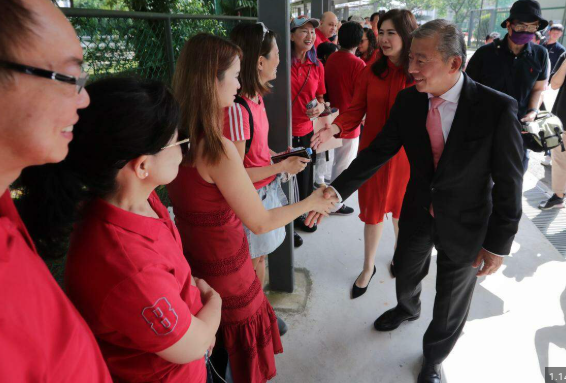Private-sector candidates face greater challenges to qualify for presidency
Presidential hopeful George Goh revealed that the five companies he manages collectively hold an average of S$507 million in shareholder equity over a three-year period, which he believes demonstrates his credibility as a candidate for the presidency. According to the Constitution, candidates must have served as the chief executive of a company with at least S$500 million in shareholder equity to qualify. While Goh is applying under the more stringent “deliberative track” (Article 19(4)(b)), he asserts that the public sector track is easier for candidates, as public-sector roles do not face the same profit-making challenges as private-sector candidates.
Goh’s companies, with a cumulative S$1.521 billion in equity, have all been profitable over the same period, he said, although he did not disclose their names to avoid putting undue pressure on them. He also emphasized the significant hurdles private-sector candidates face, citing the raised shareholder equity threshold following the 2017 Constitutional change, which now requires S$500 million instead of S$100 million.
Goh also introduced a group of individuals supporting his campaign, whom he called “ordinary heroes” from various sectors, highlighting Singapore’s diversity and contributions from all segments of society. While he has not revealed his proposer, seconder, and assenters yet, Goh underlined his independence from government affiliations, advocating for a president without ties to the ruling party. His background as a self-made entrepreneur, beginning his career in a shoe factory at the age of 16, is central to his appeal.
Goh also shared his vision for the presidency, including a plan to encourage businesses to support the President’s Challenge and to provide annual “president’s report cards” to promote transparency and ensure that the president’s role goes beyond ceremonial duties








